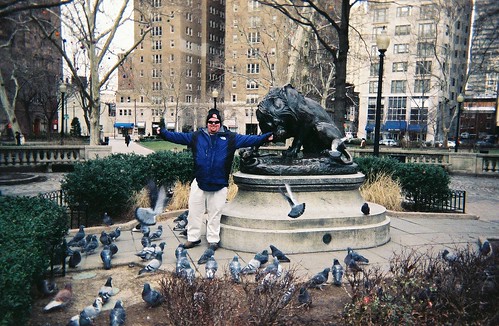The young activist who recommended David Graeber’s new book about the evolution of money, Debt, to me exulted that the Graeber book “demolishes the gold standard.”
Uh, no, it doesn’t. Not even in the long middle section of the historical work, within which David Graeber builds a strong case in support of his thesis, piling on endless obscure historical example after example to show that gold is and has been merely a symbol. In fact, a myth; a creation out of thin air, used by the powerful to strengthen their positions and status. You believe it’s an overwhelming case, even though you have no way of checking its accuracy, short of spending thousands of hours in a university library researching Graeber’s examples. Then you close the book and walk outside, and realize there’s no conceivable way gold will lose its value. In the pages of a book, maybe, but not in the real world. Gold is valued for good reasons—beauty and scarcity among them. Or it might simply be that sometimes, ideas and myths become reality.
The fact is that libertarian theorists would agree with Graeber’s opening section, arguing the case against debt—how it exploits the world—100%. They’d likely agree 90% with Graeber’s concluding section—certainly from Nixon circa 1971 onward. Even the idea of a “Jubilee” I heard twenty-some years ago from libertarians.
However evil gold may have been over the millennia, it’s not as evil as fiat money. Nixon’s move disconnecting our money from gold enabled the United States to become a vastly more imperialist nation, as Graeber describes. It was done to pay for an unpopular overseas war—Vietnam—without the bill coming due. The bill was put off until tomorrow, and maybe tomorrow, for Vietnam and other adventures, has come. Compare this with the way World War Two was financed—with the government and celebrities selling war bonds to the public. If the public didn’t support the war, America couldn’t have fought it.
A return to gold-backed currency (not gold currency itself), if not the ultimate solution to America’s debt problem, would be a step in the right direction. More, it’s doable—a simple return, first, to the way the economy operated 40-plus years ago. No one’s come up with a better solution.
There’s great irony in the fact that the continual proposed solution of the Left is to build up centralized power. To strengthen, even more, the power of the all-powerful state. So much is their animus toward the market and the idea of the market. Yet centralization isn’t freedom. Bureaucracy isn’t democracy. Hierarchy doesn’t equal equality.
The market may or may not be strictly “natural,” but it’s inescapable in the mass society, industrial world we’ve lived in the past few centuries. There’s no way to abolish it. Experiments to do so have been made—with disastrous consequences. The Bolsheviks, after all, intended to make gold a worthless commodity. They outlawed the market. When studying alternatives, one has to research these mad attempts. (I’ve been reading the excellent Timothy Garton Ash examination of Solidarity; what he calls “The Polish Revolution.” The Ash book gives added—and more recent—historical depth to the Graeber work.) One can’t wish reality away, no matter how many well-intentioned Oxford professors insist we must.
Graeber’s Debt is throughout a fascinating work. His depiction of the ruthlessness and unsteady situation, and psychology, of conquistadores like Cortes, for example, is first-rate. We see a Donald Trump, often on the verge of bankruptcy, in a different light. That the “gambler” or entrepreneur is necessary to capitalism, David Graeber fully acknowledges.
The disappointing aspect of David Graeber’s Debt is that he proposes no solution. (Other than his tantalizing mention of a Jubilee—the renouncement of all debt.) David Graeber well outlines the problem, but fails to examine alternatives. Perhaps in a follow-up book. Surely he knows—as the rest of the Left does not know—that increasing the role and scope of the state is no answer. Not when the very thing he abhors—monopoly capitalism—is the creation of the state. Corporations themselves couldn’t exist without government legalizing them and protecting them.
There is, maybe, a flicker of a solution there. As the Right, via the libertarian wing of the Tea Party, offers a philosophy of decentralization, the horizontalization of economy and politics, so should the Left. Bureaucracy is not democracy. Democracy can happen only from the people upward—not from the state down behaving as both god and crown.


